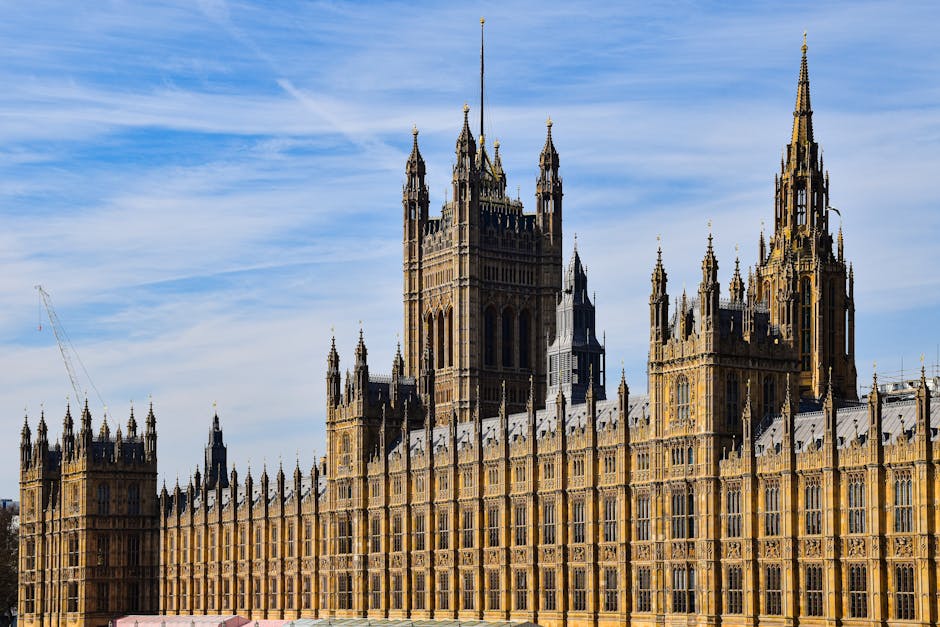A just society isn’t a utopian dream; it’s a dynamic aspiration, a constant evolution towards a system where the well-being of all individuals is prioritized. This pursuit necessitates a re-evaluation of existing political and governmental structures, acknowledging systemic injustices and embracing innovative approaches to achieving fairness. What might such a society entail?
Fundamental to a just society is a robust framework of social justice, rooted in recognition of inherent human dignity. This necessitates policies that directly address historical and ongoing disparities, ensuring that opportunities are genuinely accessible to all. This isn’t simply about equal opportunity; it’s about equal outcomes, recognizing that societal structures often disadvantage specific groups, requiring targeted interventions to level the playing field. A critical component of this is dismantling discriminatory practices embedded in law, policy, and societal norms.
Economic Justice: Pillars of a Fairer System
An essential element of a more equitable society is an economy that serves the people, not the other way around. This necessitates a shift from a purely profit-driven model to one that prioritizes the common good. Progressive taxation, ensuring that those with greater economic capacity contribute proportionally more to societal needs, is a critical step. Additionally, robust social safety nets, including universal healthcare, affordable housing, and education, are paramount. Guaranteed living wages, along with policies that prevent exploitation of workers, need to form the bedrock of economic structures. A system encouraging worker empowerment and fair labor practices will be indispensable.
Beyond economic structures, a just society needs to foster a culture of democratic participation. This means ensuring that every voice, every perspective, is heard and valued. This includes promoting media literacy, combating misinformation, and empowering marginalized communities to participate meaningfully in the political process. Transparency and accountability in government are critical. An accessible and responsive government is necessary; citizens should have the ability to engage with the political processes and to hold their representatives accountable.
Redefining Governance: A More Inclusive Framework
The structure of government itself must reflect the principles of a just society. Representation should not be limited to the dominant groups; it should embrace diversity in its broadest sense. This includes representation that transcends ethnic or gender lines, considering viewpoints and concerns that have been excluded historically. The promotion of diverse voices should go beyond quotas; it should reflect a fundamental cultural shift toward truly inclusive decision-making.
Effective dispute resolution mechanisms, impartial courts, and fair legal processes are vital. The justice system must be accessible to all, regardless of economic status or social standing. Effective systems for addressing systemic racism, gender inequality, and other forms of discrimination need to be in place, alongside restorative justice principles focused on repairing harm rather than simply punishing offenses.
Education as a Cornerstone: Cultivating Justice
A pivotal aspect of a more just society hinges on accessible and equitable education. Comprehensive education that empowers citizens with critical thinking skills and cultural understanding is necessary. It should also go beyond traditional academic pursuits, encompassing practical skills and fostering a sense of social responsibility. Equally critical is the integration of social-emotional learning, promoting empathy and respect for diverse perspectives.
Furthermore, education must extend beyond the formal classroom. This means incorporating equitable opportunities to access information, technology, and cultural enrichment across different communities.
Global Interdependence and Responsibility
A just society must acknowledge its interconnectedness with the world. Global cooperation and international justice are critical to address shared challenges such as climate change, poverty, and conflict. International partnerships and development aid that promote sustainable practices and address the root causes of inequality should underpin this approach. International relations must be shaped by principles of human rights and environmental sustainability, shifting away from power imbalances to foster genuine partnership.
The Path Forward: A Holistic Approach
The path to a more just society is neither simple nor immediate. It requires a multifaceted approach that considers economic structures, political participation, legal frameworks, and social structures. A holistic vision is required, one that recognizes the intricate interplay of these elements and acknowledges the need for constant adaptation and evolution. Continuous dialogue, critical self-reflection, and a commitment to inclusive solutions are essential. It requires a fundamental shift in mindset, moving away from individualistic perspectives to collective responsibility.
This path isn’t about imposing a single model; rather, it’s about creating space for diverse perspectives, experiences, and solutions. It’s about recognizing that justice is a continuous journey, not a destination, one demanding ongoing effort and commitment. By embracing these principles, societies can pave the way for a more equitable and just future, ensuring that the pursuit of well-being is not limited by the barriers of discrimination or systemic inequity.












